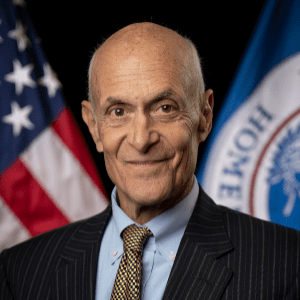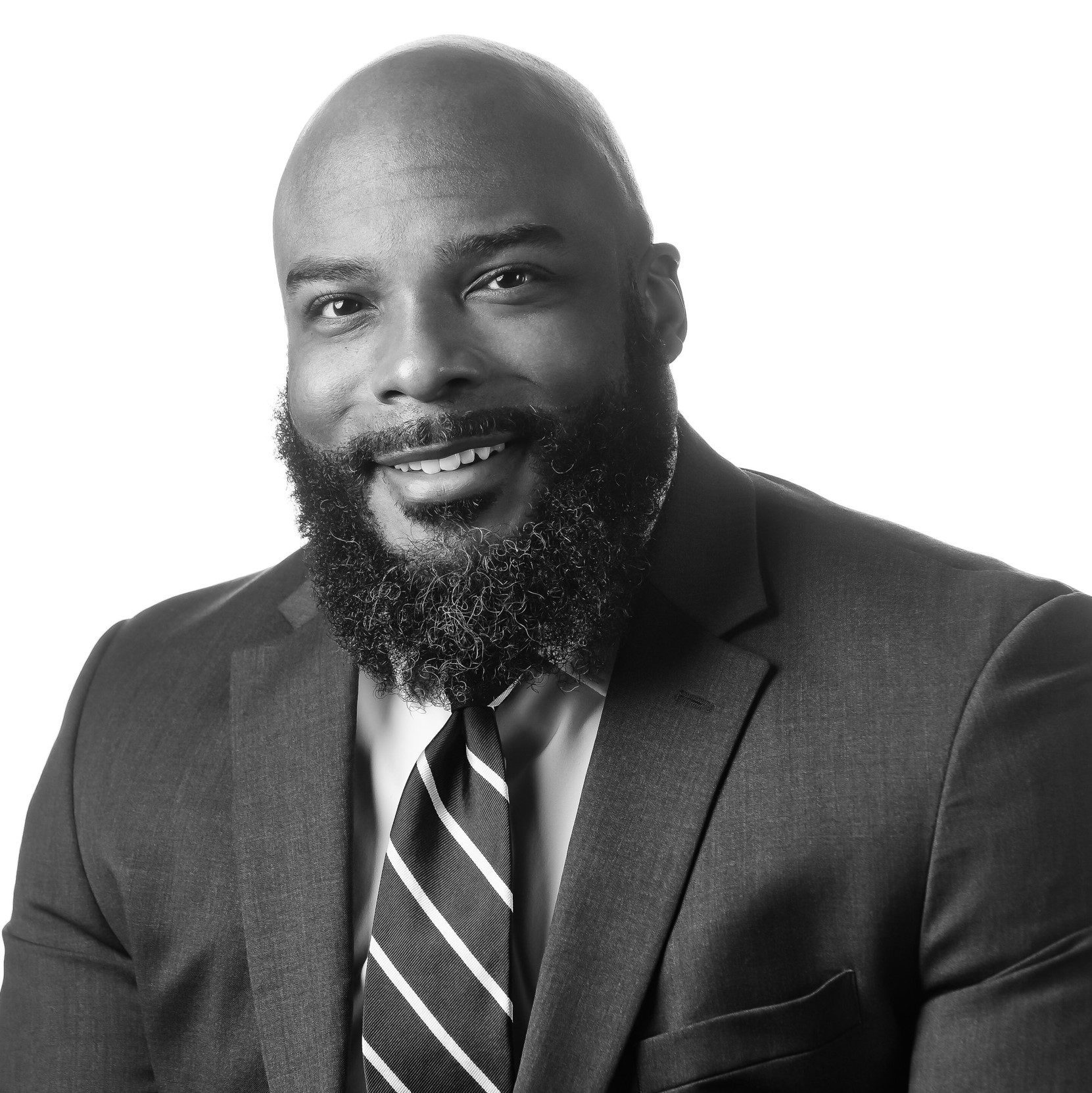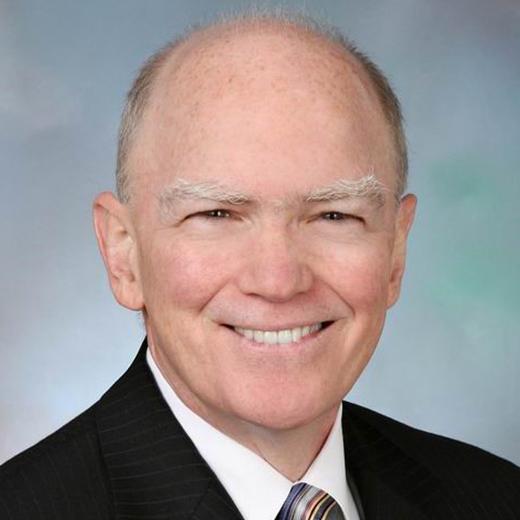- Debates
Features
Topics
Upcoming debates
-
-
-
About the Trial In a post-Roe v. Wade world, a medication that 63% of women use to undergo an abortion is under consideration by the Supreme Court. Mifepristone was approved as a two-drug regimen for use up to seven weeks of pregnancy and initially required in-person clinical visits, but changes by the FDA were made in 2016 and 2021 to expand accessibility via telehealth and the length of its administration. FDA v. Alliance for Hippocratic Medicine seeks to address whether the FDA's approval process was thorough and whether the drug should continue to be available. Those in favor of restrictions argue that the FDA approved mifepristone without adequate consideration of long-term health impacts, failing to adhere to stringent regulatory standards. They also consider restricting access to abortion pills a moral imperative, forcing some doctors to treat patients for a procedure against their beliefs. Those against restrictions point out the approval was based on extensive research and clinical trials which should not be undermined without substantial scientific evidence. They also argue access to mifepristone is essential for women's health, providing a safer alternative to surgical abortion and enabling privacy and autonomy in healthcare decisions. Now, we take this question to a mock trial: Should the Courts Restrict Access to the Abortion Pill?Friday, May 10, 2024
-
- Insights
- About
-

SUPPORT OPEN-MINDED DEBATE
Help us bring debate to communities and classrooms across the nation.
Donate
- Header Bottom


















JOIN THE CONVERSATION